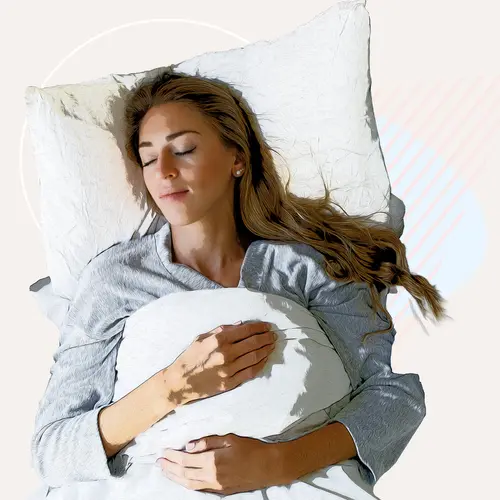At almost every party I go to, I meet someone who asks the simple question, "So, what do you do?" When I answer, "I'm a sleep specialist," my wife begins looking around for a nice, comfy spot to sit because she knows it may be a while.
"Really?" says my new acquaintance. "That sounds interesting. Can I ask you some questions?" And off we go.
What is a sleep specialist? Often, sleep specialists are in the medical or psychology fields (with degrees such as MD, PhD, or DO) and have specialty training in sleep medicine and sleep disorders.
Do sleep specialists have certain credentials? Yes. In fact, the ABSM is a member of the American Board of Medical Specialties. Anyone who takes and passes the ABSM board has the privilege of placing the following after their name: Diplomate of the American Board of Sleep Medicine, or simply D, ABSM.
What do they treat?Sleep disorders number around 88, but most sleep specialists spend much of their time treating the top five: insomnia, sleep apnea, narcolepsy, restless legs syndrome, and periodic limb movements.
Why would I go to a sleep specialist? The most common reason is that you are not getting the quality or quantity of sleep you need to feel rested and energetic during the day. Also, your primary care doctor, family practice doctor, or internist may send you to a specialist based on overall symptoms.
What happens when I see a sleep specialist? He or she will ask you questions to determine if your symptoms qualify you for a diagnostic test called a polysomnogram, where you sleep with about 25 electrodes attached to your body so a technician can watch your brainwaves, heart rate, eye movement, muscle tensing, leg twitching, air flow in and out of your mouth and nose, and chest wall movement.
If your sleep specialist does not feel that you need a sleep test, he or she may prescribe a medication or refer you to another specialist, such as a psychologist.
How are sleep disorders treated? There are many possible treatments. Behavioral therapies, such as talk therapy, and lifestyle changes are options. Say you don't sleep well because your bed partner sleeps with the TV on. The solution is to get rid of the TV, not give you medication to sleep through it. Several medications treat insomnia and other sleep disorders, and treatments for sleep apnea may include medical devices and dental appliances that help you breathe at night. Surgery helps some disorders.
If I have not cured my questioner's insomnia with these basics, he may ask me about dream interpretation. I try to stop him before he confides he dreamed he was naked in high school during final exams. Dream interpretation just isn't my thing.

